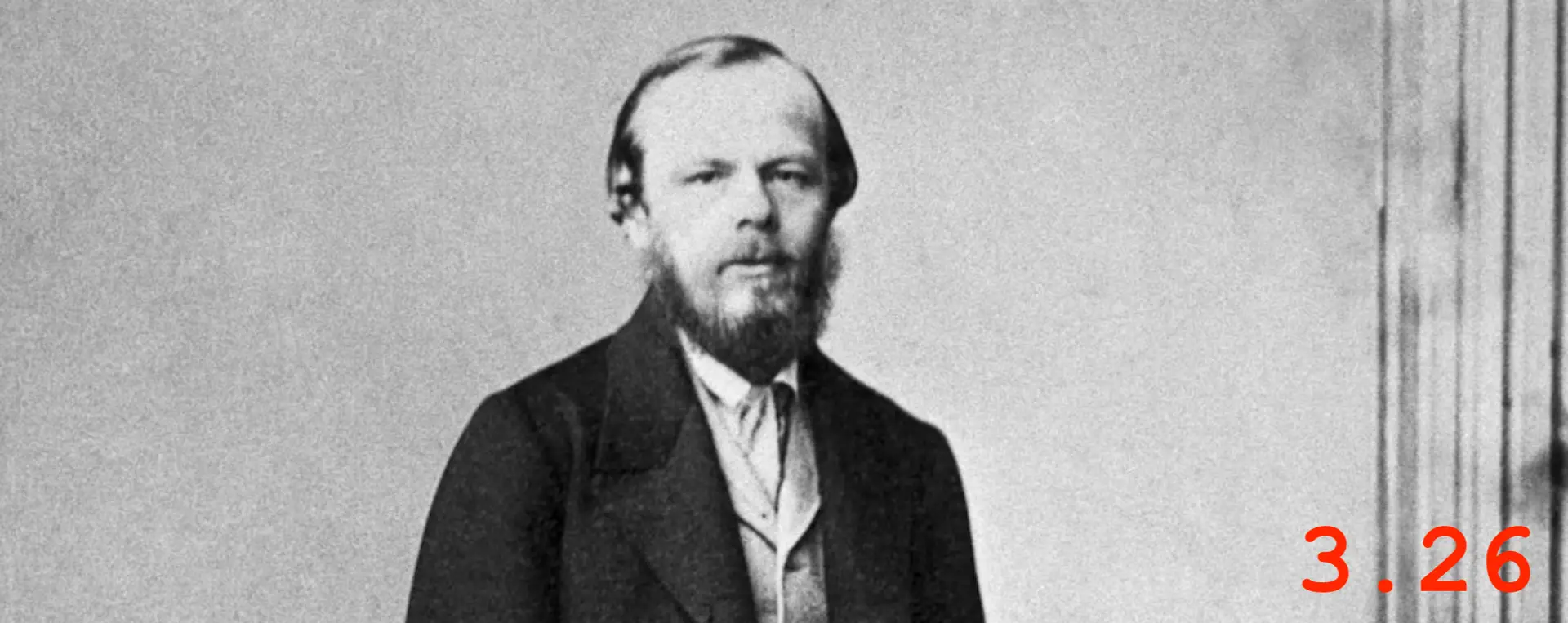All too often, we content marketers get stuck working in the trenches. We stop noticing the stenches. Yet, grace gives us a way out.
Ugh, The Stench!
Digital channels for content marketing have become open digital sewers. We know it. We can smell it. We experience the stink and waste in multiple ways, but it all comes down to one thing. They are overflowing with assets that disrespect the time and attention of those we aim to serve. That ethic pervades what content marketing portrays as “best practices.”
But there’s an urgent antidote. I call it “grace” – envisioning a stance of ethical enlightenment and restraint in how we engage with our communities. The term may seem oddly theological to some. But think of it as an ecological stance—towards engaging customers and communities.
Why Grace?
Grace in marketing means fundamentally respecting people’s humanity, seeking to elevate, not exploit, and rejecting traditional notions of targeting people and filling containers with content. It represents balanced, mutually beneficial relationships between brands and consumers.
Building on this principle of grace, we can evolve how we do marketing. In fact, thought leadership, if done in a way that respects both the thinking and the leadership, becomes a paragon for ethical value creation in marketing.
Thought leadership shares knowledge to serve others rather than simply capture their attention. That’s an ethic, not a content type. It respects people’s time and attention while providing genuine value as people make high-stakes decisions. It’s not about targeting, capturing, or any other violent intent.
Seeing Clearly Through the Murk
Too many traditional marketing tactics lack grace, as I define it. Advertising interruptions and content created for conversion over value symbolize gracelessness. They give nothing and demand everything.
When we marketers fill spaces simply to extract attention into funnels designed for our gain over audiences’ enrichment, marketing loses its soul. And so do we.
For a while, thought leadership sounded like a way out. The problem? It’s easy to distort. Then graceless marketing also shows up in a new guide as thoughtless leadership positioning—content written for the sake of attention rather than for decision-making. It insults people’s intelligence and humanity. It chases its tail, so to speak (as in long-tail keywords, and I could rant for hours about WTF is wrong with you for even thinking of that as a strategy, FFS!).
By contrast, grace in thought leadership respects people’s time. It honors the souls of its readers and its creators, too. A graceful thought leader shares ideas in a spirit of mutuality. Not coercion, but attraction based on meaningful insights contributed via thought leadership. It helps decision-makers make better and more informed decisions, especially when the stakes are extremely high.
Three Facets of Graceful Thought Leadership
Respect: Never waste people’s scarce attention. Exercise strategic restraint and care for audiences as if they are people. Because guess what? They are.
Elevate: Take on traditional transactional approaches and challenge conventional wisdom about marketing ROI. Put your audience first with insights that uplift your conversations rather than extracting engagement data for its own sake.
Honor: Remember that high-stakes B2B relationships put jobs and reputations on the line. When you are asking for $100 million or more in trust, you need to address your audience at an entirely different level.
Many, Many Mantras
As content marketers, we need to speak differently. We need new self-talk, new thinking for our stakeholders, and new operating principles for our audiences. We need to say different things to ourselves, our colleagues, and our prospects:
- We elevate humanity over targets and transactions.
- We believe ideas give us purpose.
- We use ideas as our growth engine.
- We act according to values of grace and respect.
- We stand for enlightened restraint.
- We nurture mutually beneficial relationships.
- We believe uplift beats extraction.
- We serve mission over metrics.
- We have the courage to stand apart.
- We reject tips, frameworks, and hooks.
- We accept necessary complexity.
- We infuse organizations with purpose.
- We cultivate graceful leadership traits.
- We create content strategically.
- We restrict relentless production.
- We respect time and attention.
- We value the energy you invest in us.
- We don’t take more than you give.
- We don’t do hamster wheels.
- We get out of our own way, and we don’t get in yours.
What Next? Where Next?
What we are doing today is unsustainable. It’s true at the level of the content ecosystem as much as it is for the global ecosystem. Incessant noise overwhelms decision-makers already struggling to synthesize perspectives across complex issues while delivering innovation that just may make the world better.
The prospect of limitless content creation (with the help of AI) threatens even worse suffocation. Sewage leaves little space for clear water.
But alternatives exist in graceful thought leadership. It provides the antidote if courageous change-makers step up. The moment has arrived for marketing leaders to say “no more” and for other business leaders to say “do better.”
In other words, we all have ethical duties to our constituents and society. The path forward challenges assumptions of relentless growth chasing and the endless 10xifiaction nonsense.
Transformational thought leadership helps rally this movement by example. The responsibility falls on those privileged with platform and voice to innovate both what we build and how we engage with each other.
Let’s move toward a rehumanization of business through grace. One thoughtful manifesto, one graceful thought leader, one enlightened brand at a time, leading us out of the noise and stench.
Three Grace Notes
“Violence is complicity with death, and not only superficially. There has always been a natural alliance between the views that everything, even one’s self, should come to an end, and that on the other hand, one should continue to follow their own limited interest, with a derogatory “What the hell—why not?” —Theodor Adorno, The Jargon of Authenticity
“Without protection from surveillance capitalism and its instrumentation power—their behavioral aims and societal goals—we are trapped in a condition of “no exit,” where the only walls are made of glass. The natural human yearning for refuge must be extinguished and the ancient institution of sanctuary deleted.” — Shoshanna Zuboff, The Age of Surveillance Capitalism
“So this is hell. I’d never have believed it. You remember all we were told about the torture chambers, the fire and brimstone, the ‘burning marl. Old wives’ tales! There’s no need for red-hot pokers. Hell is—other people!” — Jean-Paul Sartre, No Exit
Note: The links above are affiliate links. I’m using them in lieu of paid subscription tiers or digital tip jars. Seems like a much more graceful way to generate financial support while sharing more thinking and writing that can guide thought leadership.




